Telling stories of the Chinese who fought for US
Updated: 2014-12-23 12:29
By Amy He in New York(China Daily USA)
|
||||||||
|
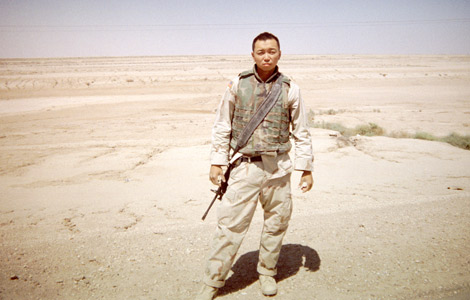 |
|
William Chan, one of the Chinese-American soldiers interviewed by Victoria Moy in her latest book Fighting For the Dream, during Operation Iraqi Freedom in 2003. Provided to China Daily |
|
 |
|
Victoria Moy, author of Fighting For the Dream: Voices of Chinese American Veterans from World War II to Afghanistan. |
He was among about 1,000 Chinese who were sent to the China-Burma-India region, working as an airplane mechanic. Moy's grandfather traveled everywhere as part of the squadron - to Africa, India, the Himalayas - and spent time in China.
She asked about a time when he first felt like an American and when the happiest time of his life was, and he said, "'In the army, with the boys.'"
Moy's grandfather died when she was 13, but as a young girl, Moy accompanied him to parties in New York's Chinatown held by the American Legion, the largest veteran organization in America, which had posts, or clubs, in Chinatown after Chinese Americans returned from World War II.
"He took me to these huge Christmas and Thanksgiving parties, and I was so surprised going and seeing my classmates and their grandparents," Moy said. "That was something that made me think, 'Wow, a lot of people who have grandparents who were part of World War II!'"
Later in her mid-20s, Moy worked as a journalist for a radio station in Chinatown and came across even more Chinese-American soldiers and veterans, and so she started interviewing some of them.
One interview eventually became 70, 40 of which Moy compiled into a book called Fighting For the Dream: Voices of Chinese American Veterans from World War II to Afghanistan, published in November.
"In the WWII period, Chinese were mostly relegated to working in laundries and restaurants, not out of choice. There was the Yellow Peril, and those were the jobs that were left for Chinese Americans," she said.
In New York City back then, nearly 40 percent of Chinese Americans participated in the war, whether it was because they were drafted or enlisted.
"It's just incredible the number of Chinese Americans who served, up to 20,000 or a third of the entire Chinese-American population was in the military at the time. A lot of them were drafted. The gender ratio was really skewed then, it was about one woman to every five men, or one woman to every eight men, and that's because of the Chinese Exclusion Act," she said.
"I think a lot of people did enlist and a lot of people were not directly promised, but insinuated that you will definitely be considered a citizen if you served for our country. There were hints of that with recruiters. A lot of people had come here through the Paper Sons system because the Exclusion Act made it so difficult. A lot of people saw this as an opportunity to serve for their country," said Moy.
One interview Moy did was with veteran Lester Fong, who came from China at the age of 15 and was not content that he could only find work either in laundromats or Chinese restaurants. He ended up working at a sportswear factory, learning the skills of the trade and eventually opening his own factory where he then began making military uniforms for the US Army.
Fong was drafted into the army and sent to Guam, where he witnessed kamikazes. He barely spoke English at the time and the ordeal was frightening to him, Moy recalled.
Another soldier Moy talked to is closer to her in age, someone she had come across while covering an American Legion parade.
"What surprised me in my mid-20s was seeing people coming back from Iraq who were my own age. It was something I didn't really understand. Why would someone from my community choose to go?" she said.
Pakee Fang was in his mid-20s when he met Moy, someone who had immigrated to Chinatown at the age of 10. His family was struggling in America, and his living situation was stressful, Moy said. Fang didn't do very well in school and so joining the military was his way out.
"He said that the first time he went to boot camp was the first time he left Chinatown since he came and it was the first time he realized that he didn't speak English very well, and that he had been speaking Chinglish all along. That was a huge culture shock for him," Moy said.
The military was a great experience for him in the end, and because of all the poverty and hardship Fang saw through his time in the military, he decided not to take anything for granted, she said, and became a 4.0 student after that.
"His life changed. He had a lot more appreciation," she said.
"Sometimes when I hear these stories, I don't think that our nation went through a linear progression in terms of advancement. I think each generation we go through, we do experience a lot of the same things over and over again, not in a bad way, but it's a reality," she said.
amyhe@chinadailyusa.com
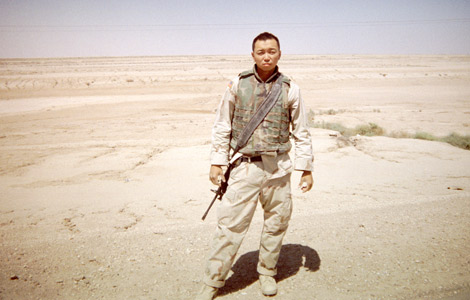
 Telling stories of the Chinese who fought for US
Telling stories of the Chinese who fought for US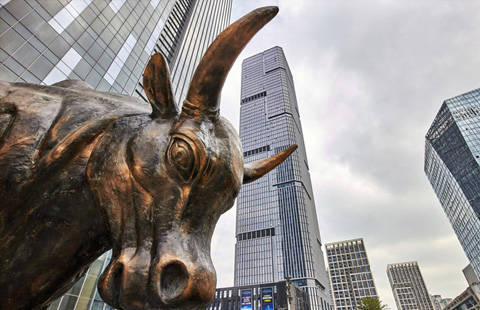
 Top 10 economic events in 2014
Top 10 economic events in 2014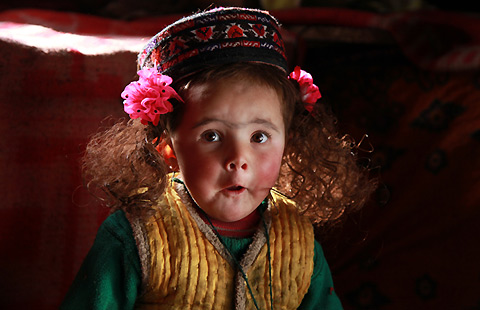
 Tajik herdsman's life through lens of a solider
Tajik herdsman's life through lens of a solider
 Yearender: Culture prohibitions in 2014
Yearender: Culture prohibitions in 2014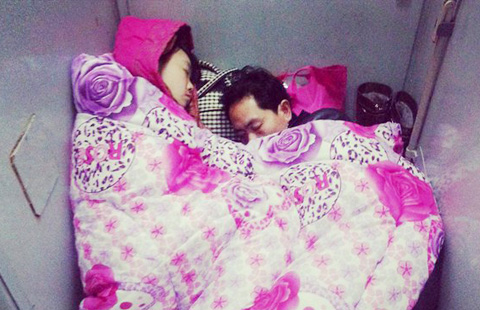
 Sleeping China 2014
Sleeping China 2014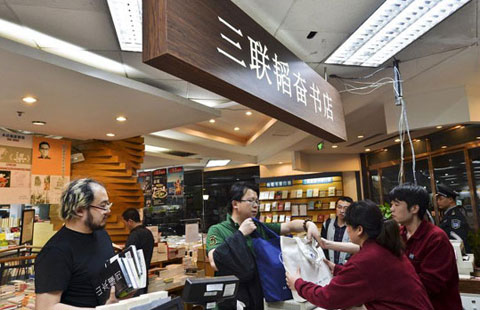
 Yearender: 10 cultural 'firsts' in 2014
Yearender: 10 cultural 'firsts' in 2014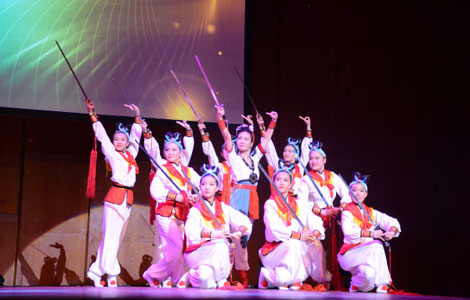
 Marvelous night for a moon dance
Marvelous night for a moon dance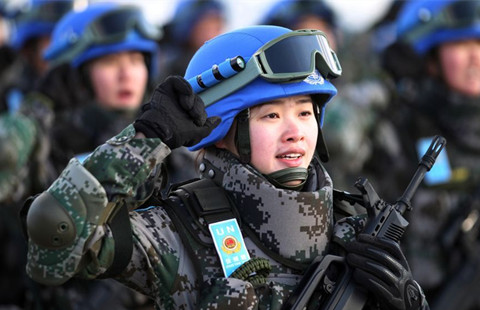
 China to send first infantry battalion for UN peacekeeping
China to send first infantry battalion for UN peacekeeping
Most Viewed
Editor's Picks

|
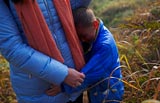
|
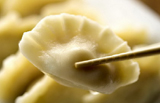
|

|
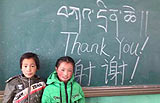
|
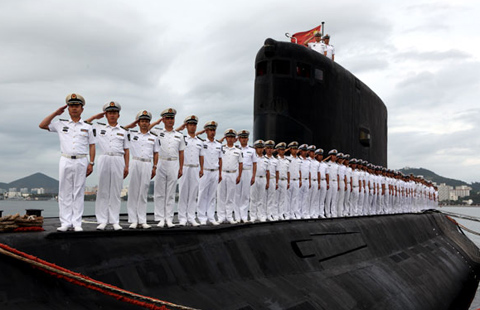
|
Today's Top News
Shanghai index slides 3%
Tollways report loss of 66 bln yuan
Learning about 'Americanness' from Chinese-American vets
Awaiting word from China on hack
Alibaba IPO fuels startup boom to rival Silicon Valley
China's top Party offcial probed for disciplinary violations
No judgment yet on Sony
US arms sales to Taiwan protested
US Weekly

|

|







